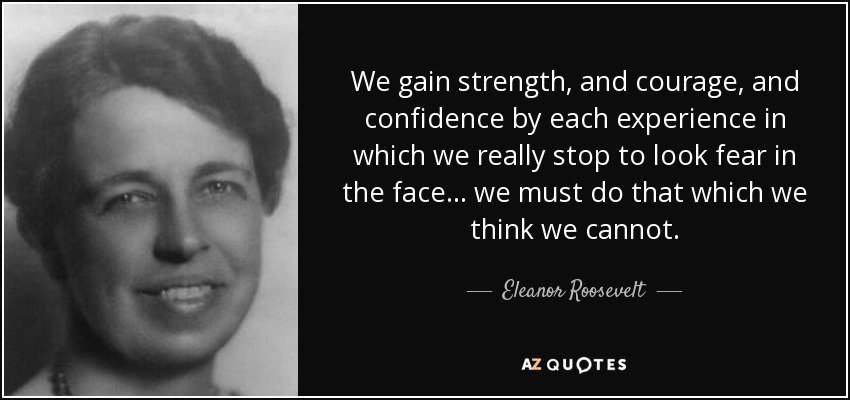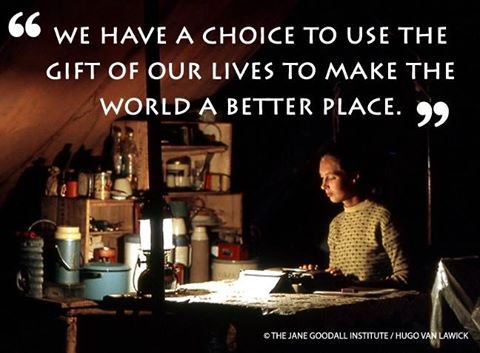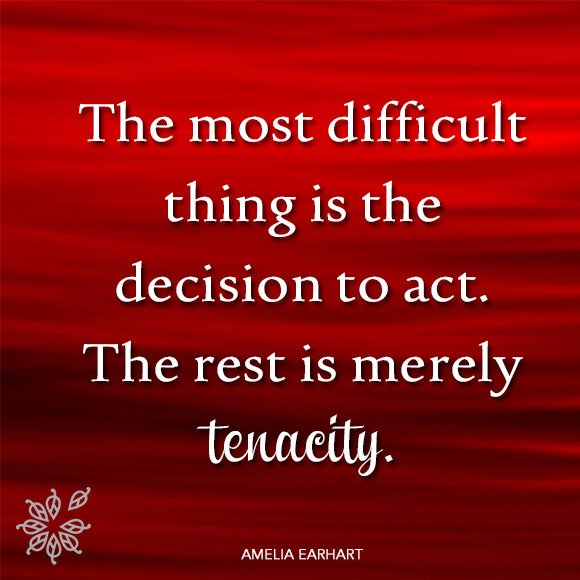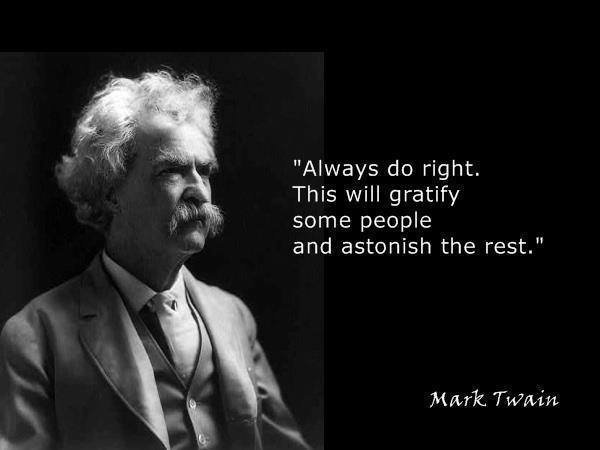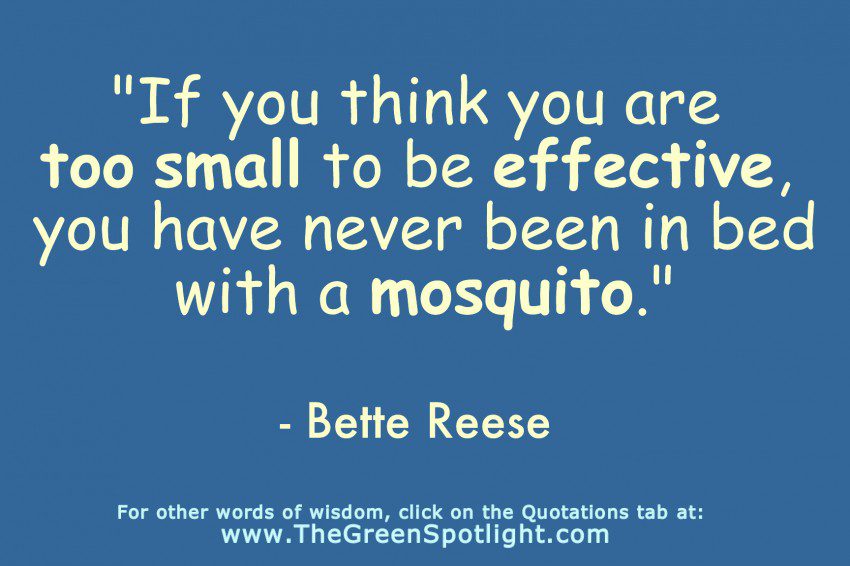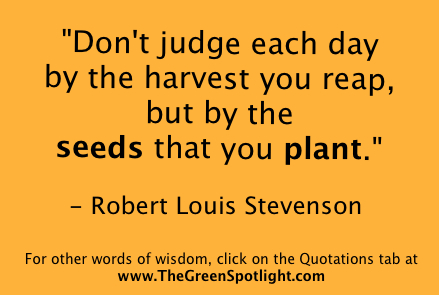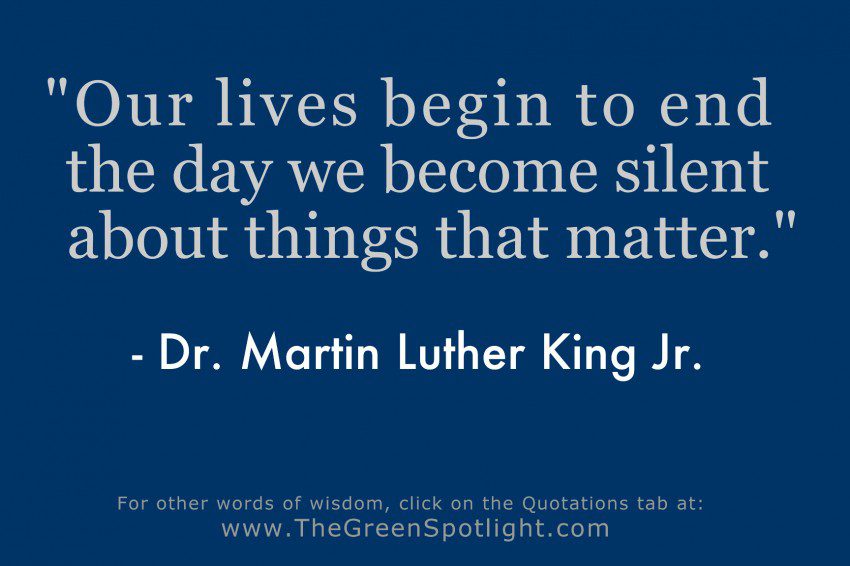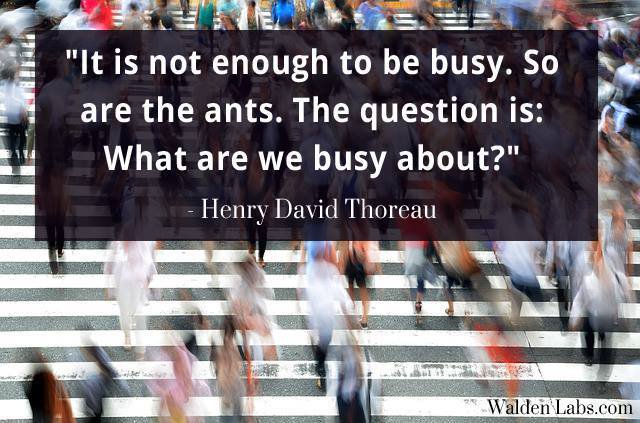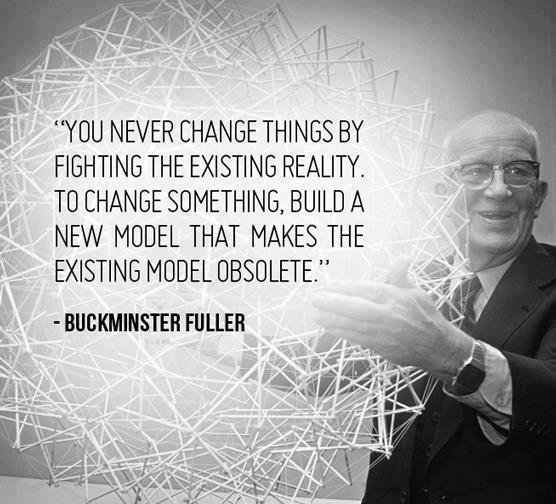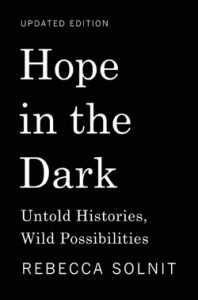Action Lists, Groups, Online Tools, and Other Resources
Many of us are seeking effective ways to take action, to counteract, offset, mitigate, neutralize, resist, and fight the impending damage that will be done by members of the DT/Pence Administration and their attempts to corrupt and dismantle U.S. democracy. Many of us recognize that “business as usual,” the status quo, and complacency aren’t going to cut it anymore. We need to redouble our efforts, go beyond the edge of our comfort zones, take some giant leaps, speak out, refuse to accept the unacceptable—to “be the change we wish to see in the world,” and become our own heroes, rather than expecting other people to step forward and save us.
To get through these dark times without losing our minds, we need to make it a regular practice to take care of ourselves and find constructive ways to cope, and also to offer and request support from our friends and loved ones. We have to recognize that we are not alone; we are all muddling through this together. But in addition—to maintain our self-respect and act as compassionate humans and citizens—we should also find some way(s) to support and protect people from vulnerable and targeted groups, and to protest and take positive actions within our neighborhood or community, our town or state, and our country and world.
 Please check out the existing tools and resources listed below. They include action lists, action campaigns, guides, articles, advice; as well as a list of trusted news sources; key organizations; people to follow online; and tools for staying sane and fostering hope.
Please check out the existing tools and resources listed below. They include action lists, action campaigns, guides, articles, advice; as well as a list of trusted news sources; key organizations; people to follow online; and tools for staying sane and fostering hope.
Don’t feel obligated to explore all of these links. Just check out a few at a time; select a couple of them to follow or participate in, and if those end up not feeling useful to you after you’ve spent some time with them, pick a couple of other sites or groups (from this list or elsewhere) to follow or join. Note: I have not done a thorough vetting of all of these sites yet, so cannot vouch for every single one (and am not endorsing them), but I put a couple of my favorites in bold type. I’ll be adding more links, as I discover new ones.
Useful articles
News sources
It’s important that those who can pay something for real journalism actually do so, so that real news outlets can survive and not be entirely driven out by the world of profit-driven, sensationalist media (and “fake news” or lie-spreading, non-journalistic websites). Choose at least one legitimate (truth-seeking, fact-checking, investigative) news source to subscribe to (as a paid subscriber), to show your support and to help keep them afloat. We can’t expect competent journalists and writers to work for free, and we don’t want them to be reliant solely on their major advertisers, who might expect publications to alter (or censor) their content to serve the advertisers’ special interests. Here are just a few media sources that, to date, have regularly produced sound, informative reporting:
Also see: Reputable, Fact-Based News and Information Sources [a newer, more comprehensive post]
Key organizations
Here are some suggestions of the types of local, state, national, or international organizations that you might want to consider donating to, becoming a member of, or getting actively involved with.
Environmental:
Your state’s League of Conservation Voters; local and statewide renewable energy or climate initiatives (e.g., California’s Center for Climate Protection); local land conservation groups (e.g. a Land Trust in your county or region) and local habitat/wildlife protection groups; Earthjustice, NRDC, Center for Biological Diversity, 350.org, Indigenous Environmental Network, Nuclear Information & Resource Service, Bold Alliance (Bold Iowa, Bold Nebraska, Bold Louisiana, Bold Oklahoma), Nature Conservancy, Earthworks, Greenpeace, Vote Solar, GRID Alternatives, Union of Concerned Scientists, Physicians for Social Responsibility, Fossil Free, WeForest, Rural Renewable Energy Alliance, The Greening of Detroit
Societal:
Local food banks, shelters, homeless/housing groups, child abuse prevention and foster care organizations, non-profit health clinics and mental health services, education groups, senior services and veterans services groups; ACLU (including state chapters), National Lawyers Guild, Lawyers Committee for Civil Rights Under Law, SPLC, Teaching Tolerance, VoteVets.org, Common Cause, PFAW, Children’s Defense Fund, NARAL, Planned Parenthood (including your state’s group or a PP in a “red” state), Population Institute, Global Zero, Ploughshares Fund, VerifiedVoting, Carter Center, International Rescue Committee, UN Refugee Agency, Center for Media and Democracy, International Center on Nonviolent Conflict (ICNC), Compassion & Choices, Meals on Wheels, MoveOn, Emily’s List, and California’s Courage Campaign; Democratic Legislative Campaign Committee (DLCC), DSCC, DCCC, and Democratic Governors Association; Animal Legal Defense Fund, International Fund for Animal Welfare (IFAW), International Anti-Poaching Foundation (IAPF), SPCA. (Also see the groups listed in the bulleted list near the top of the post.)
Also, if you grew up in or currently live in a Republican-governed or Republican-leaning state or county (or a low-income state or county) and you have the means, please consider donating to (or volunteering for) local organizations in your home state or hometown that will help protect people there (and their health and their land/water/environment) from the state or local government’s regressive policies. And consider getting involved in your local Democratic Party or other political organizing group.
Also see:
People to follow online
The people listed below have shown integrity, courage, intelligence, and/or leadership in their writings and their actions. Some are names you may already be familiar with, and others probably aren’t. While I don’t always agree with everything these individuals say or have said, I have often found their commentary to be informative or interesting. I will probably add more people to this list (and maybe remove some) over time. Take a look at what these individuals are saying on social media, and consider following some of their pages:
Rebecca Solnit, Dan Rather, Sarah Kendzior, Jason Kander, Bernice King, Robert Reich, Reverend Dr. Barber, Bill McKibben, Nicholas Kristof, John Pavlovitz, Laurence Tribe, Lawrence Lessig, Ari Berman, Antonia Juhasz, Marc E. Elias, Paul Krugman, Charles Blow, Nick Hanauer, Sherilynn Ifill
It’s also important to support and praise principled conservatives with a conscience, whenever they speak up for democracy and civil rights, challenge the DT Administration or the GOP leadership, and show compassion. A few conservatives (and independents) who have shown that they have a backbone and think for themselves include:
Evan McMullin, David Frum, Ana Navarro, Max Boot, David Brooks, Joe Scarborough, John Weaver, Andrew Sullivan, Colin Powell, John Dean, Chris Suprun, Charlie Sykes, Mindy Finn, Bill Kristol, and numerous retired Generals. (Even some right-wingers like Peggy Noonan and George Will have spoken out against DT.) Conservatives of conscience should follow Stand Up Republic and Republicans for the Rule of Law.
And Republican politicians (current and former) who have sometimes spoken out against DT and who have periodically demonstrated that they have a backbone or a conscience include: [the late] John McCain, John Kasich, Jeff Flake, Lisa Murkowski, Arnold Schwarzenegger, Bob Corker, Jon Huntsman, Bill Weld, and Mitt Romney.
Tools for staying sane / retaining and creating hope
Try not to let yourself get so overwhelmed that you become paralyzed by the depth and breadth of the challenges and the many different ways there are to be of service to your community and world. Start by identifying one or two specific ways that you are most able to be involved (or groups to get involved in), and dedicate yourself to those. Pick something to do each day or each week or at least each month. Take sanity breaks when you need them, to avoid burnout, and you may find that you are gradually able to build your capacity over time. Regardless, the point is: Do something. Start where you are. Acknowledge your frustrations and the limitations of your individual impact, but remember that you are part of a widespread and growing, collective effort (even if other people’s efforts are not visible to you).
Here are a few resources for maintaining emotional balance, regaining perspective, or finding inspiration and motivation when you start to feel overwhelmed:
I have found that going for a long walk or a short hike can really help me regain the perspective that I need to move forward. What are some of your favorite strategies or readings for grounding or motivating yourself or coping with adversity?
Do take care of yourself, get enough sleep, eat nourishing meals, and take a break when you need it (other people will carry on when you can’t, and vice versa), but never give up completely. Please never stop trying to make the world and our country a better place. And remember that you are not alone.
Related posts:
January 13, 2017
 This is a listing of some enviro-relevant groups in Canada (though not all of them are focused solely on environmental issues). We’ve added more organizations to this listing over time.
This is a listing of some enviro-relevant groups in Canada (though not all of them are focused solely on environmental issues). We’ve added more organizations to this listing over time.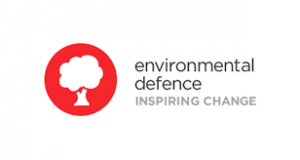



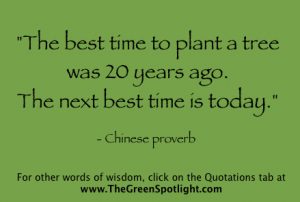
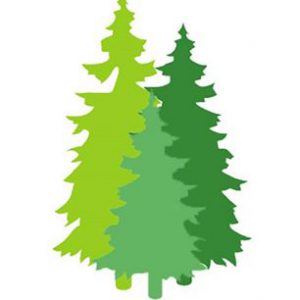


 We have published numerous posts that provide listings of various type of non-profit* groups (related to specific topics and issues), so we thought we’d provide an index of all of them to make them easy to find. Many of the groups that we’ve mentioned in our posts are based in the United States, but some are international organizations and a few are focused on other countries:
We have published numerous posts that provide listings of various type of non-profit* groups (related to specific topics and issues), so we thought we’d provide an index of all of them to make them easy to find. Many of the groups that we’ve mentioned in our posts are based in the United States, but some are international organizations and a few are focused on other countries:

